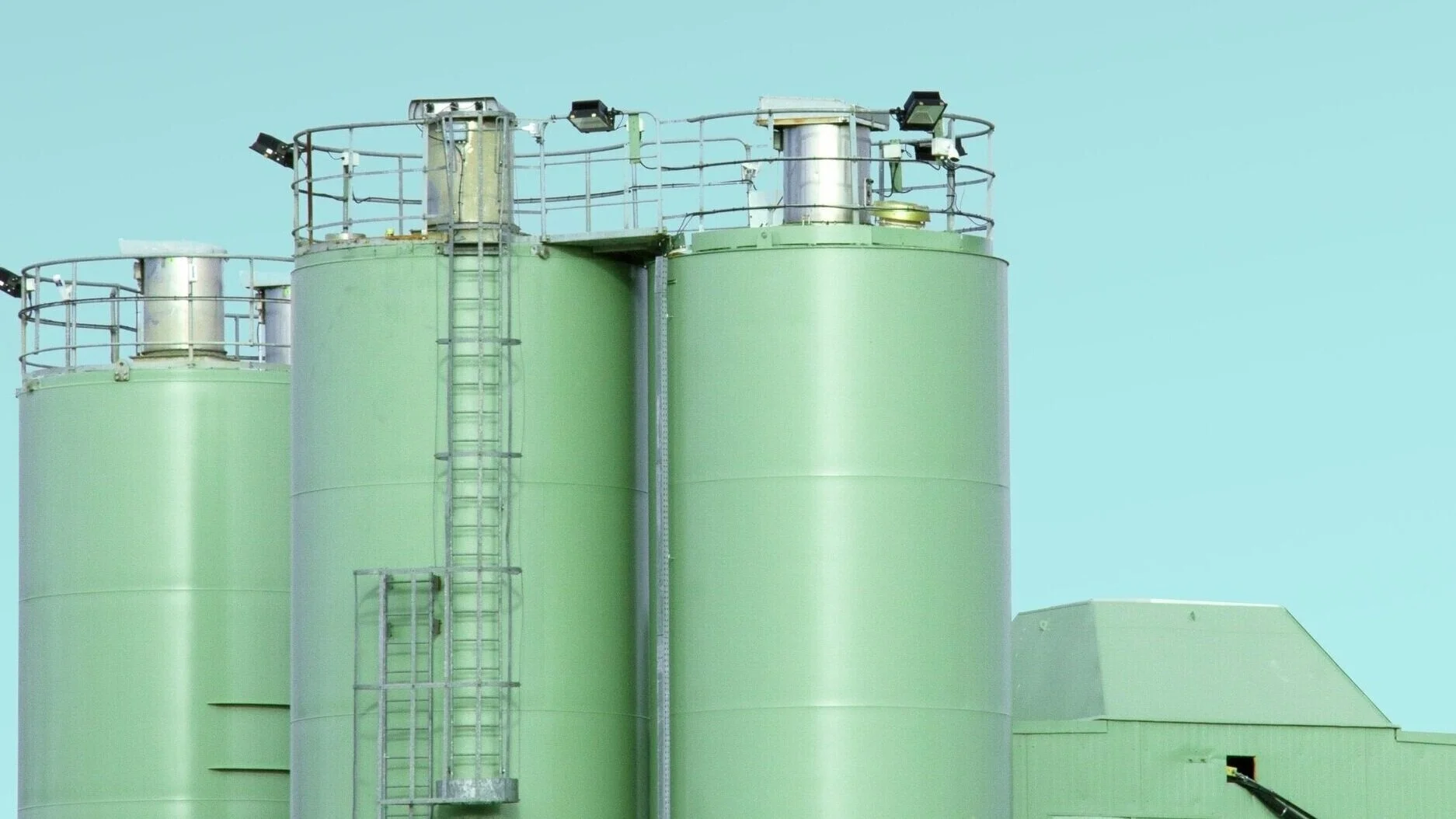The Circular Economy: What Goes Around Comes Around
The world has a major waste problem: from our milk cartons, product packaging, clothing, and old appliances, everything we throw away does not suddenly disappear -- it ends up in our water, soil, and air. It is easy to forget about what we chuck into our trash and recycling bins because for us, they simply provide no more use. But ignoring the pathways of our waste is harmful to the natural resources that our planet supplies us. Yes, banning certain straws may reduce the amount of plastic that ends up in our ecosystems, but singular reduction does not mean the elimination of this problem. The sustainability issue that we face today is deeply rooted in consumerism, a dual-edged sword that not kept in check, can lead to devastating effects on the environment. This article explores the issues of consumeristic habits in an effort to better understand how multi-faceted the sustainability cause truly is.
The Pretenses of Greenwashing and What It Means for Consumers
To understand consumerism’s impact on the environment, it’s worthwhile to look at the pretenses of marketing practices that promote a concept called greenwashing. This term describes an approach to target the eco-minded consumer by emphasizing the positive impacts a company has on the environment, regardless of if such claims are true. Greenwashing can come in various forms, from fossil fuel corporations shifting consumer focus to individual environmental impacts (and away from the massive impacts such corporations have themselves), to companies dishonestly marketing their products as “green” and “sustainable”, unethically encouraging consumption. This practice unfortunately perpetuates an unconscious bias towards consuming products without fully understanding their impacts.
Our Current Economy and Its Impact On The Environment
On a larger scale, if we take a look at our economic system, we can see that it is based on a linear process of manufacturing and industry which, ultimately produces large amounts of waste and pollution as byproducts. This system enables a culture of mindless disposal, as natural resources are extracted, used, and discarded. Moreover, the value of a resource is simply measured by how it can serve the goals of the consumer, rather than the impacts it has upon the environment. We live in a society of convenience, but the lack of proper waste infrastructure and technologies have hindered our ability to process waste without depleting and harming our natural resources. The continuation of this process is not sustainable, but societies are trying to reinvent this process, and the advent of a circular economy offers hope for the future.
The Advent of The Circular Economy
In a circular economy, products are designed to be reused; electronics, for example, no longer in need of annual replacements. At its core, this type of economy is beneficial to long-term economic growth, as researched by Accenture in 2015. It is a system that allows us to consume fewer products that are of higher quality and longer lasting. This prolonged longevity does not simply apply to just physical products, however, it also benefits businesses who emphasize a circular economy in their strategies and goals. The circular economy is still in it’s beginning iterations, but with enough action, it may pave the way for the future of our world.
The Circular Economy in the Software Industry
In recent years, circular economy concepts have appeared throughout the software industry, predominantly seen in carbon free energy usage, cloud technologies and proper e-waste disposal. At RyeStrategy, we look for holistic and innovative ways to reduce carbon footprints, including research into how software companies can move away from a waste hierarchy towards a circularity hierarchy— refusing unnecessary purchases, reducing waste, and reusing wherever possible.
Learn about our affordable carbon footprint solutions for small and medium-sized businesses
Book a free strategy session to discuss your climate goals with a sustainability manager.
About RyeStrategy
Based in Seattle, RyeStrategy is a CDP-accredited, mission-oriented company specialized in carbon accounting, mitigation coaching, and climate disclosure solutions for organizations at any point in their sustainability journey. Learn how RyeStrategy helped Salesforce, Ideascale, and Wazoku achieve their sustainability goals.
From exhaustive carbon footprinting and mitigation coaching, to setting science-based targets and reporting climate data to CDP, SBTi or custom reporting platforms, RyeStrategy acts as a hands-on extension of the team, custom-tailoring services to fulfill climate disclosure requirements easily and accurately.
Meet with a sustainability specialist to learn more about RyeStrategy solutions.

